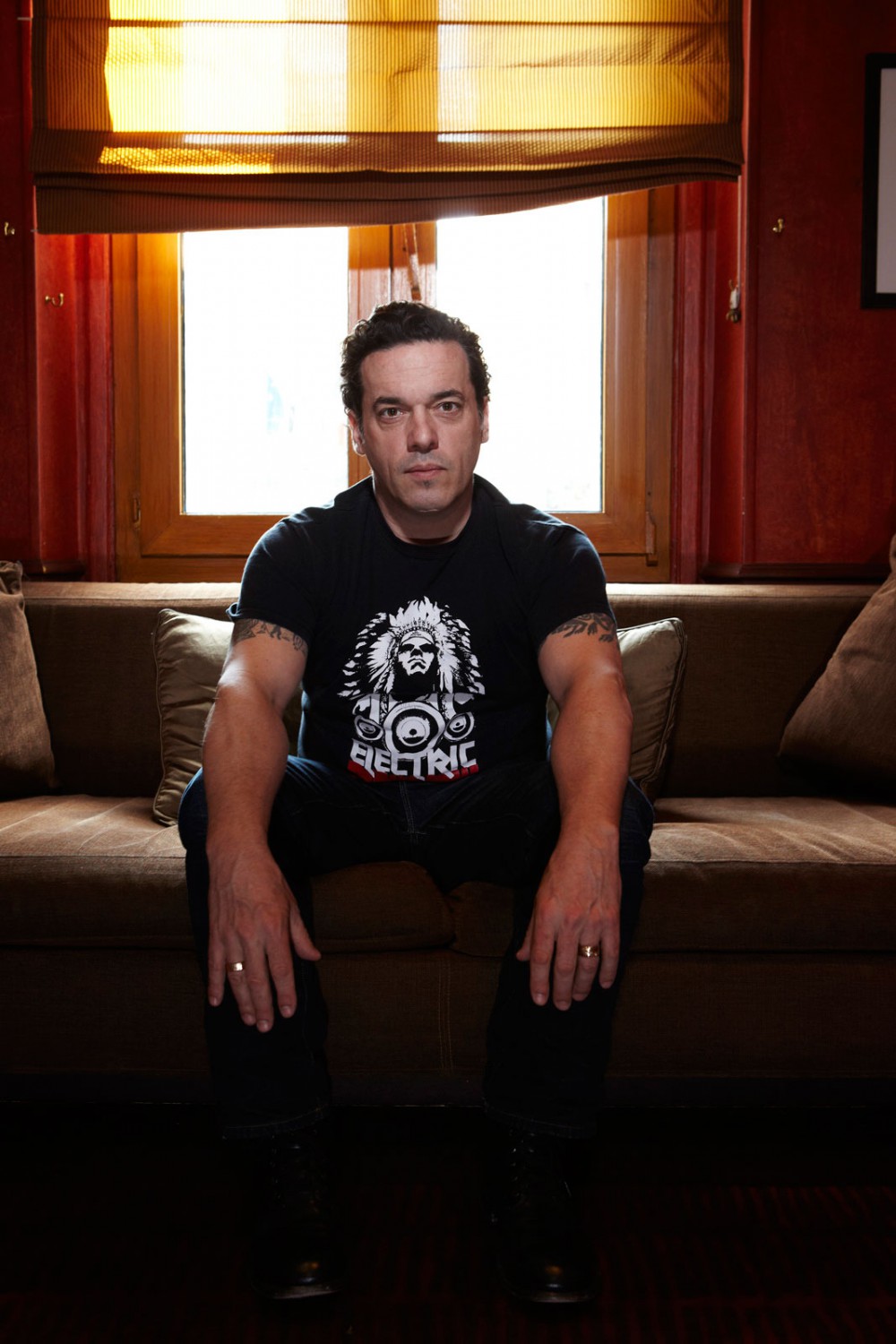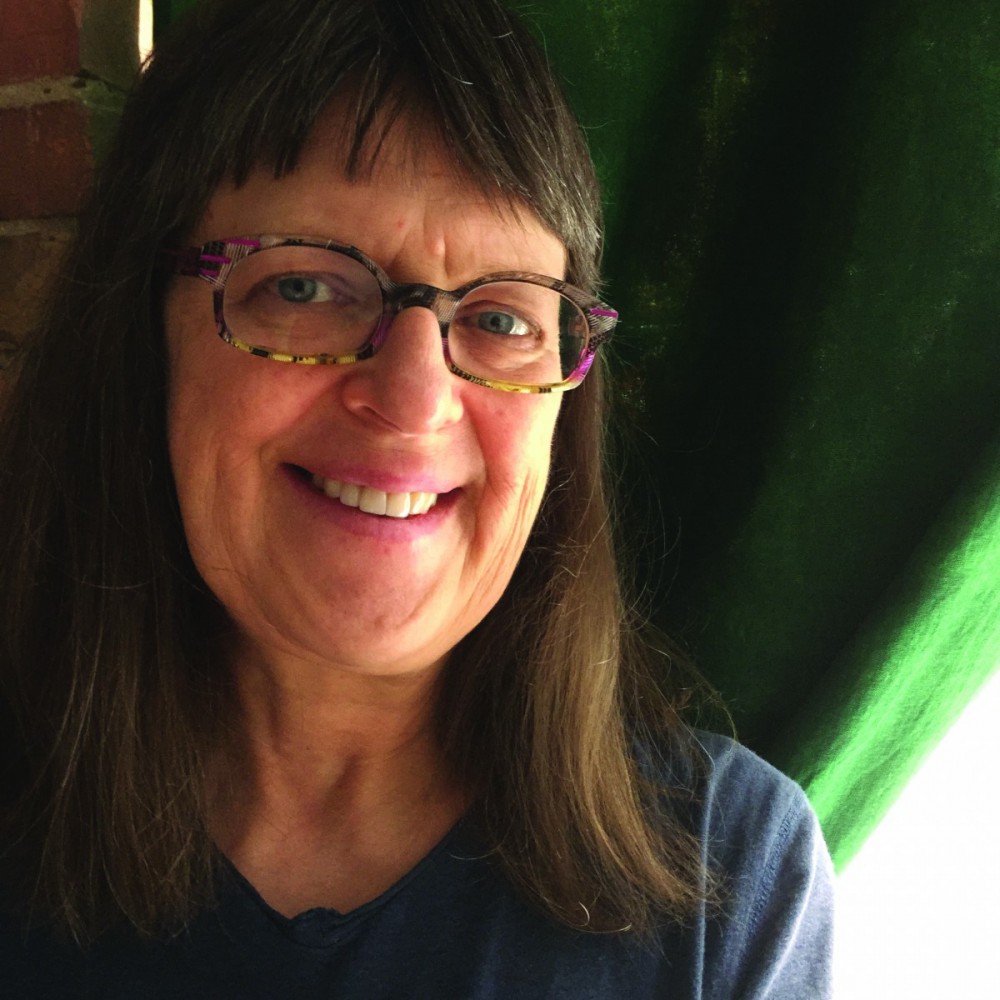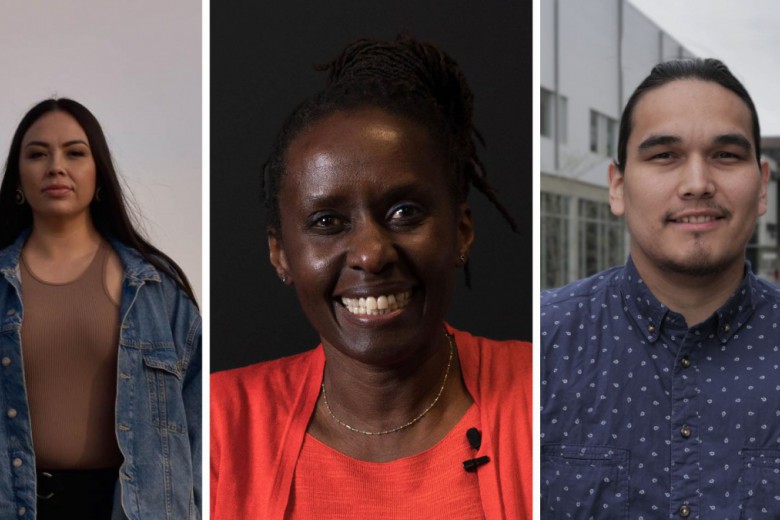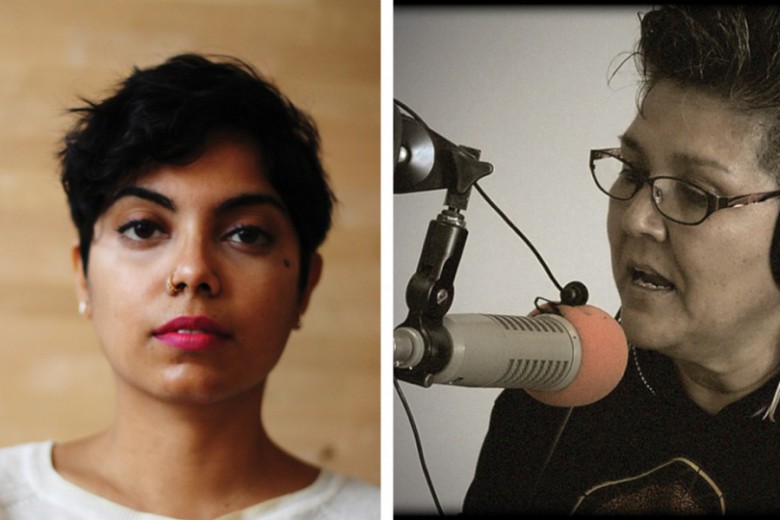
This year’s sixth annual Writing in the Margins contest sets its sights once again on fresh, incisive poetry and creative non-fiction penned by creative and insightful writers who grapple with issues of political, social, and environmental justice.
The creative non-fiction entries will be judged by award-winning novelist, short-story writer, and journalist Joseph Boyden, whose writing career focuses on the historical and contemporary experience of First Nations peoples. His first novel, Three Day Road, won numerous awards including the Rogers Writers’ Trust Fiction Prize and the McNally Robinson Aboriginal Book of the Year. His second novel, Through Black Spruce, was awarded the Scotiabank Giller Prize. The Orenda won Canada Reads in 2014, as well as Libris’ Novel and Author of the year. In 2015, The Orenda was awarded France’s Prix littérature-monde étranger and the France/Canada Prize. It was also a finalist for the Governor General’s English Language Prize and the Scotiabank Giller Prize. Boyden is a member of the creative writing faculty at the Institute of American Indian Arts in Santa Fe, New Mexico, and he sits on the board of the Canadian Civil Liberties Association. He divides his time between Northern Ontario and Louisiana.
The poetry entries this year will be judged by Montreal-based poet Erín Moure. Erín has published 16 books of poetry, one of essays, a memoir, and has translated 15 books of poetry from French, Spanish, Galician and Portuguese. Recent works include Insecession, a biopoetics published with Chus Pato’s Secession, and Kapusta. New in 2016 are translations of François Turcot’s My Dinosaur, Chus Pato’s Flesh of Leviathan, and Rosalía de Castro’s New Leaves. Planetary Noise: Selected Poetry of Erín Moure (edited by Shannon Maguire) is forthcoming in 2017, as is her translation of Wilson Bueno’s Paraguayan Sea.
Joseph, you’ve often noted that your Catholic upbringing and your time teaching young people in Attawapiskat have shaped you as a writer. Erín, you’ve explained that your mother’s reluctance to recognize any language other than English and French spurred your own interest in other languages. Can you explain further how your ancestral threads shape your work today?
JB: I questioned certain things when I taught in places like Attawapiskat. I questioned the religion of my upbringing: why did it bring such horrible pain to such good people? I questioned what I should do with all of the intense emotions and turmoil I saw firsthand, how such pain could exist despite the vast majority of the people in my country not knowing, or at least claiming not to know, anything about it. The need to understand how in my own being I encompassed both the newcomer and the Indigenous in a hundred different ways continues to shape my writing.
EM: In my case, my mom had no reluctance; she just wanted to be part of the “official Canadian story” in order to not be burdened in her own life by the sadness of her parents and the tragedies of the Old Country. Her parents themselves were people of the present and the future, but at night they whispered. Kapusta tells that story. It was only once I’d learned a few words of French at age five that my mother told me that my granddad, her dad, who spoke something other than English, didn’t speak French. I realized then that there were more languages than English and French. I have no idea why I became so interested in all these languages. They called [to] me, and I answered. And knowing another language or living in and amid a language as a strange and estranged speaker of another tongue is to realize the limits of speech and laud the other things involved in communication and expression, in the power of language, apart from just dictionary meanings.

What do you consider to be the most interesting potential of writing to challenge social relations of dominance and oppression?
JB: When I write fiction, I throw that all away. If I sat down to try and write a novel where I said to myself, “I’m going to write a story to challenge social relations of dominance and oppression,” the novel would suck.
EM: That anyone, you and me included, can open their mouth and speak. A sound arises. We can say “no” and “yes” and explain the why of it. No one can shut us up.
In many ways, you both work across borders – territorial, cultural, and linguistic. Joseph, you split your time between many territories and continents, and you write about colonialism, religion, and war. Erín, you have lived across Canada, you’ve mastered a solid handful of languages and you’ve spent time researching in Europe. How do you choose which places, cultures, and languages to spend time in, and how do these decisions affect your writing?
JB: I have itchy feet. But I fought travelling to Europe till I was in my early thirties because I knew I wasn’t ready yet to even begin wrapping my head around such a diverse gathering of cultures. But when I was ready? I dove in. And I’ve not really emerged yet.
EM: I think they choose me! I just try to listen, and work, and learn, and listen, and be. And I translate the works of others, to bring them into our literature, into dialogues with our literature in English. Even though this is difficult, for the Canada Council and other institutions do not offer support for translation by Canadians of international authors, I do the best I can even if I have to publish the results most often in the U.S. It is a kind of forced emigration, but I can’t let it hurt me, as I need my energy to keep listening and sharing. And there are people here too who do listen, and celebrate, and read. I’m grateful for that!
What’s the best thing you’ve read recently, and what does it say about what you consider to be good writing?
JB: A Brief History of Seven Killings by Marlon James. It’s expansive. It’s challenging. It’s fascinating. It’s complex, politically and historically. And yet the voices of the characters are so crisp and real and clean and the narratives so enticing that it feels like the novel has always existed.
EM: In June in Galicia I bought Susana Sánchez Arins’ novel Seique. The title is a word that means “maybe…” or “it could be…” or “perhaps…” yet is formed of two other words, “sei,” which means “I know” and “que” or “that.” It uncovers gradually the story of a family in which one uncle is a killer who turned to fascism in Spain in the 20th century to his personal benefit. In the end, we realize that he hurt his own family and neighbours. It is a great-niece, the author of the book, who can finally speak of what happened, perhaps…. The book lets language unfold; the writer doesn’t direct the narrative in one direction, eliminating possibilities. The circularity of discovery, the way discovery changes the neurons and changes what we are capable of seeing and thinking, drives this text, not any preconception of the author.
What’s the first step you take to begin a new writing project?
JB: I gather up all of the excuses and all of the procrastination cluttering my home and throw them like kindling into my imaginary fireplace, then I make a strong cup of coffee, then I sit my ass in my chair.
EM: I don’t know that there ever is a first step; language comes from somewhere else and, as the philosophers have said, is both mine and not mine. The first step always stems from reading, and from the difficulties that language itself unfolds, difficulties that make me curious and glad. The next step is to write words down, and let them call other words to accompany them, without directing them and squashing them before they have a chance to be.
Do you have advice for writers who want to enter Briarpatch’s sixth annual Writing in the Margins contest?
JB: Don’t do it, unless you’re doing it for the right reason. If you’re sure you’re doing it for the right reason, go for it. Then, no matter the outcome, you will have succeeded.
EM: Be as marginal as you like, and polylingual if you want to. Sounds arouse us … make sounds, and markings for those sounds! Just write and believe that your reader can follow you, and revise not to condescend to the reader but to make your own strong language you have made shine through.






